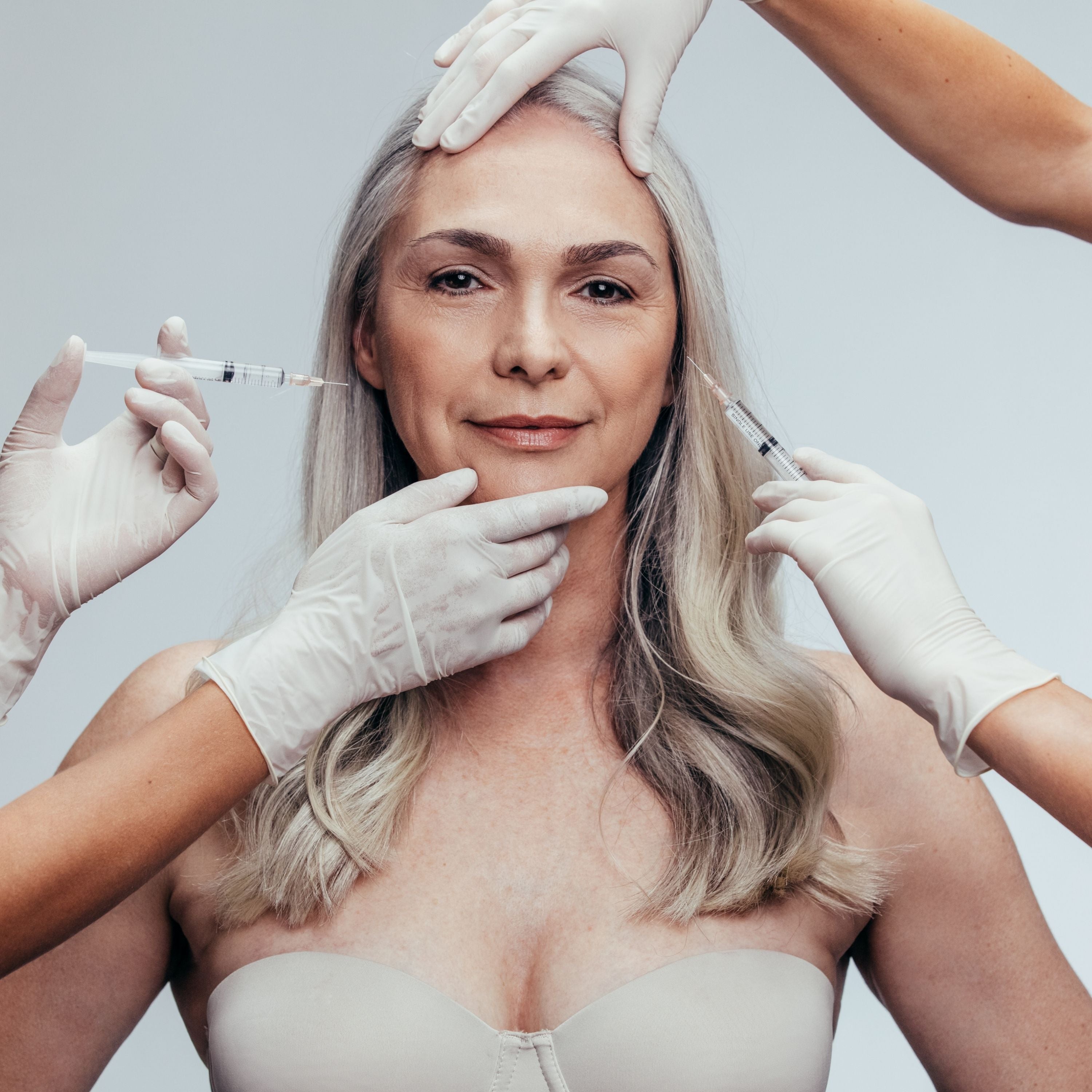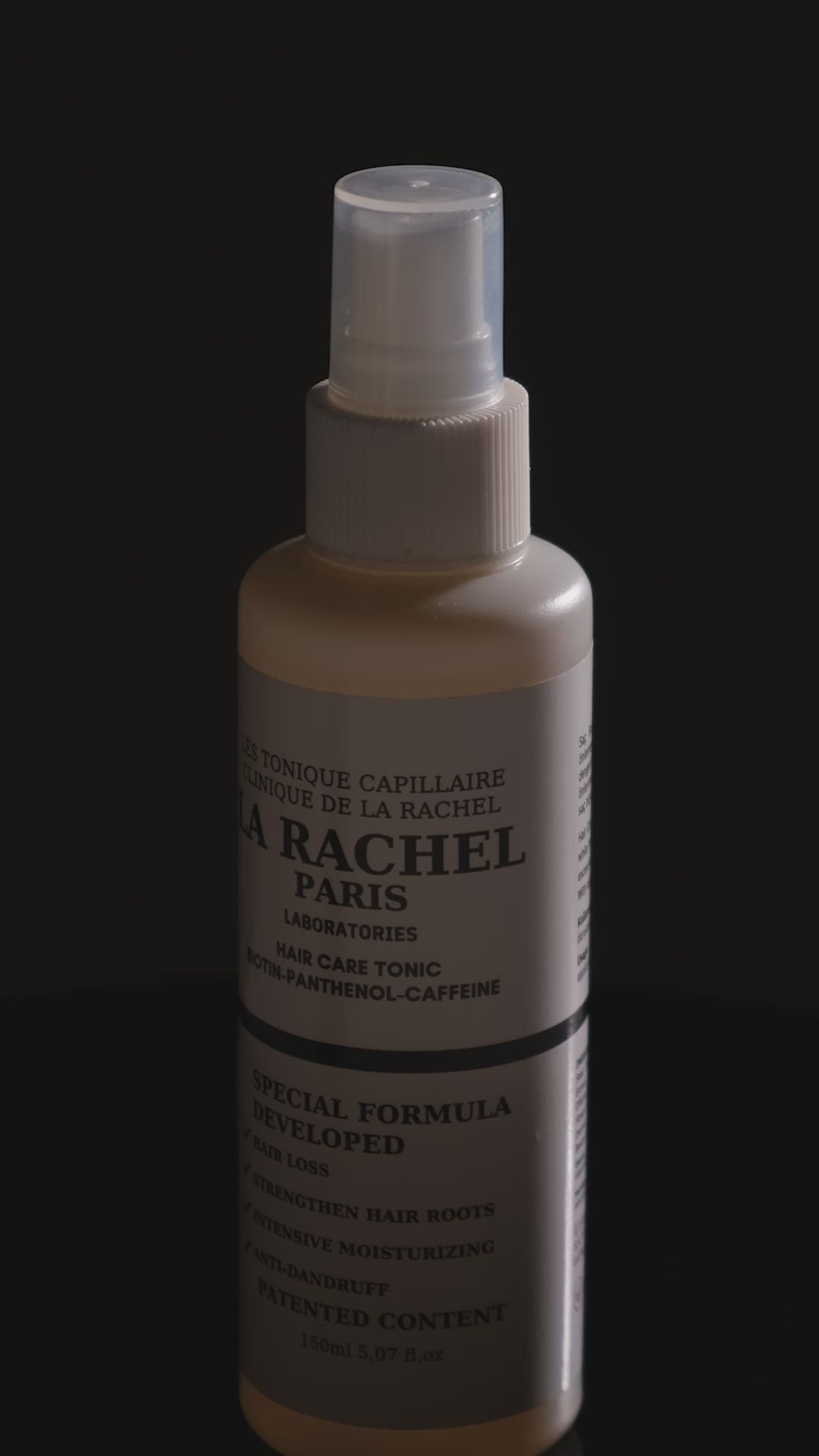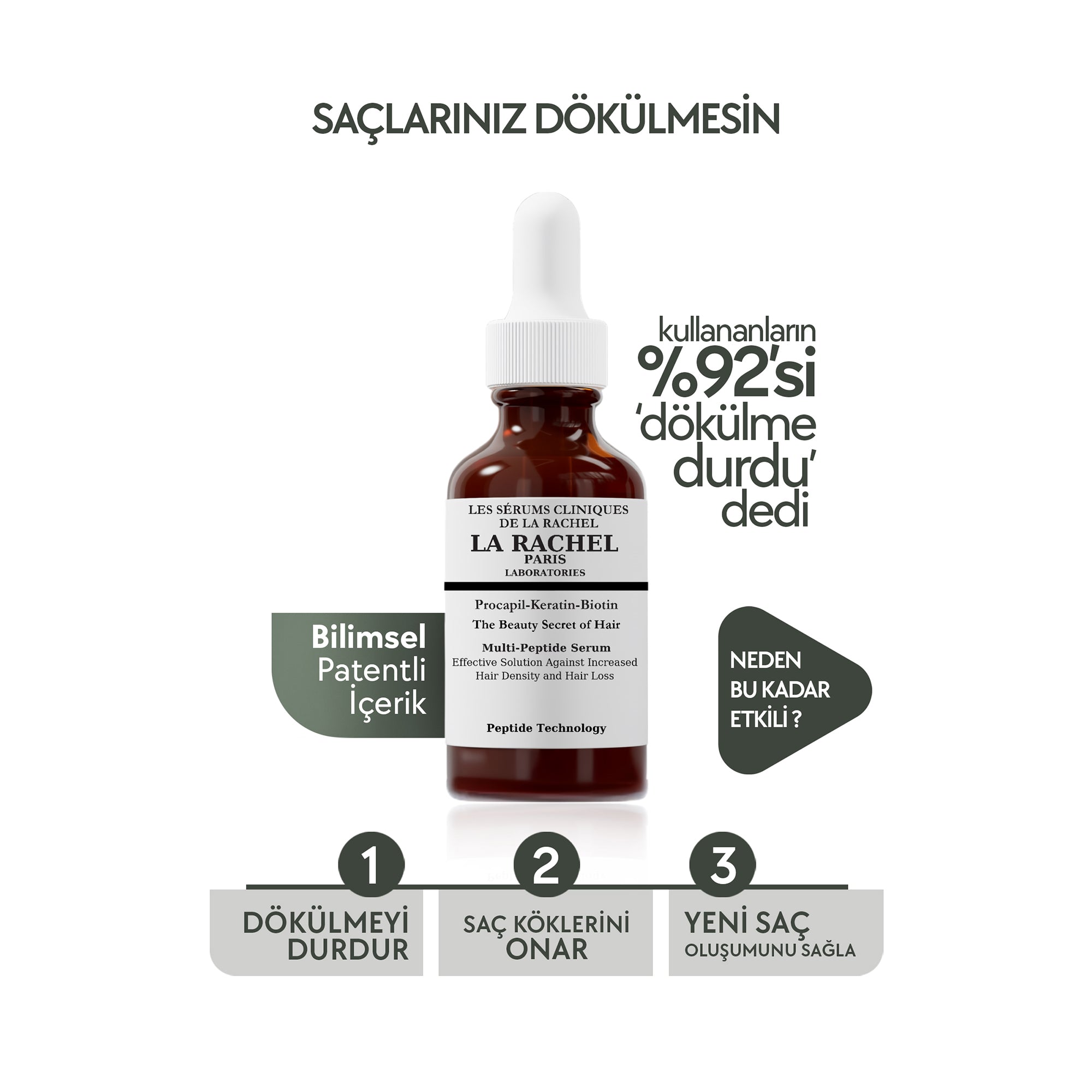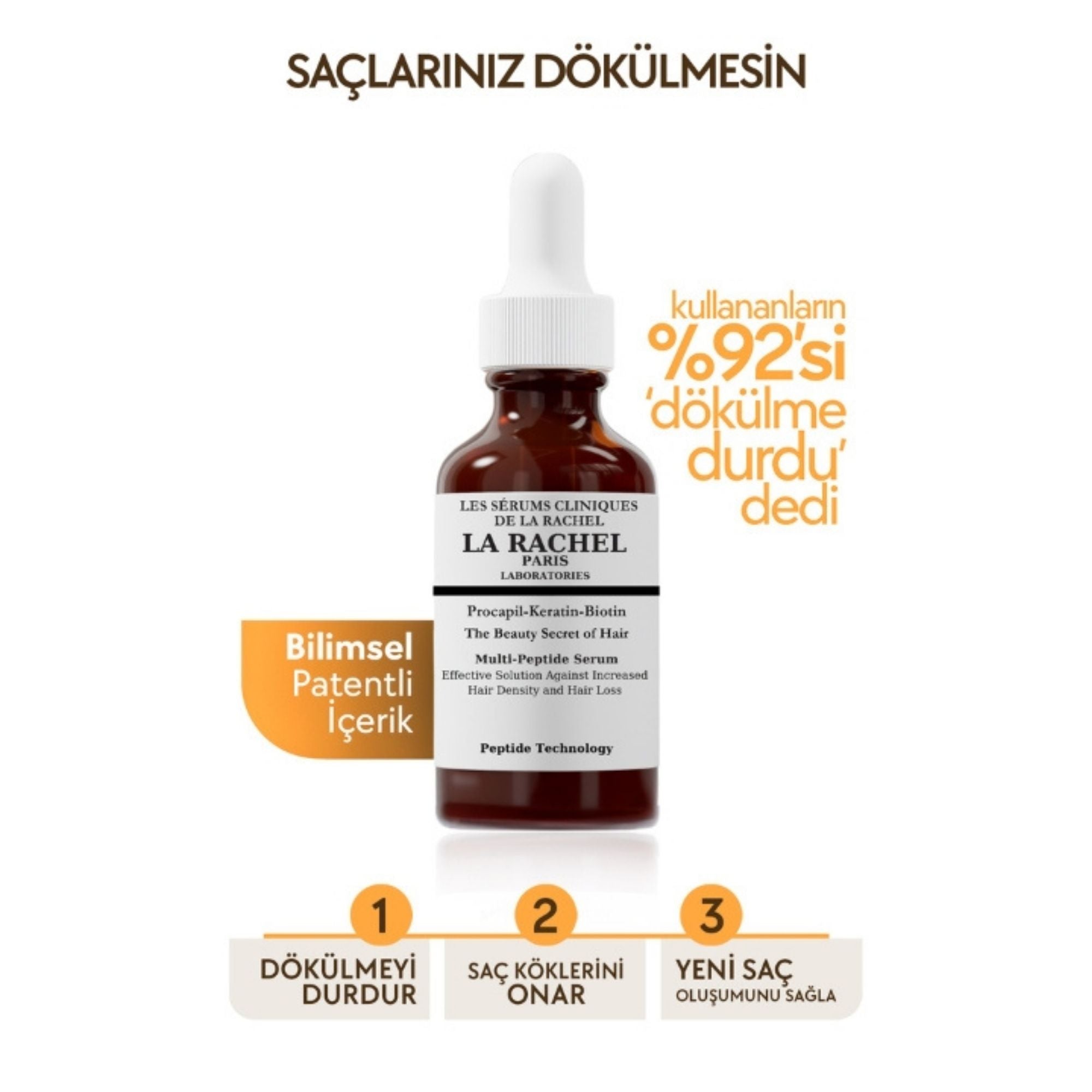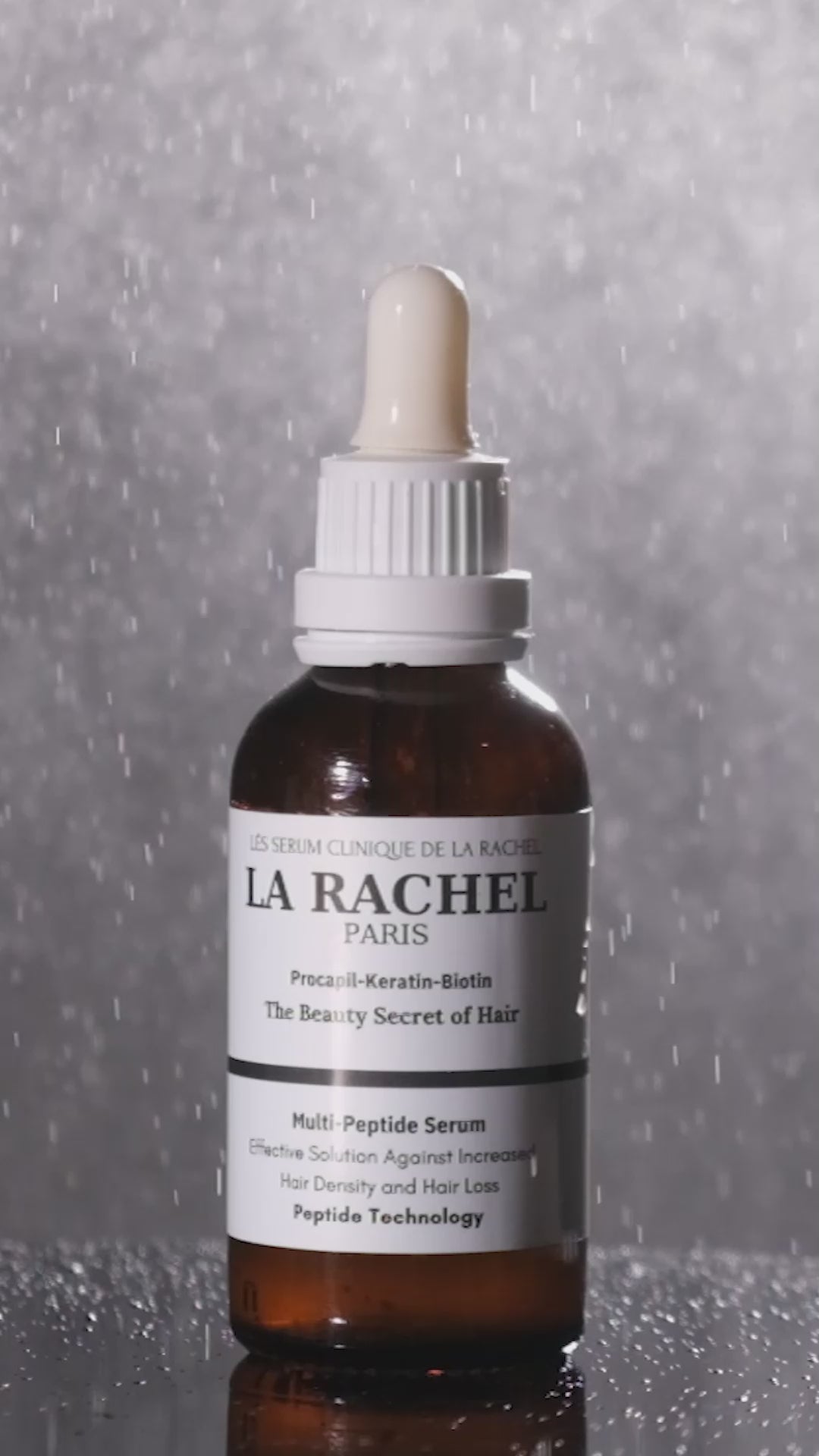
Hair Loss Treatment: Methods and What You Should Know
Hair loss treatment varies depending on the cause of hair loss or thinning. Options include medications, surgeries, and light therapies. Your doctor can identify the reason for your hair loss and offer a treatment plan tailored to your hair regrowth goals.
Overview
What is Hair Loss Treatment?
Hair loss is a common condition where you can lose up to 100 hairs a day. Hair loss treatment focuses on diagnosing the cause of hair loss and creating a treatment plan that aligns with your goals. The treatment may include:
- Managing the underlying cause
- Using medications to improve hair regrowth
- Procedures like hair transplants
Why is Hair Loss Treatment Done?
Your hair is an important part of your appearance, and hair loss can affect your self-esteem. Treatment can reduce the emotional and physical effects of hair loss and improve your overall health.
Treatment Options for Hair Loss and Thinning
- Treating the Underlying Cause: Your doctor identifies the cause of hair loss through physical examination and necessary tests.
- Medications: Prescription and over-the-counter (OTC) drugs are available. For example:
- Minoxidil (Rogaine®): FDA-approved, a topical solution.
- Finasteride (Propecia®): FDA-approved prescription medication for men.
- Corticosteroids: To prevent sudden and intense hair loss.
- Hair Restoration Procedures: Methods like grafting, scalp reduction, light therapy, PRP therapy, and scalp micropigmentation.
Stopping Hair Loss Naturally
Some causes of hair loss are not permanent and do not require treatment. For example:
- Having a baby
- Hormonal changes
- Recovery after surgery
- Cancer treatment
- Weight loss
- Stress

Benefits and Risks
Benefits of Hair Loss Treatment
- Improving overall health
- Gaining self-respect and confidence
- Improving appearance
- Scalp health
- Hair strength and texture
Risks of Hair Loss Treatment
Potential side effects, though rare, may include:
- Swelling
- Bruising
- Dry scalp
- Loss of skin sensation at the surgery site
- Itching
- Infection
- Headache
- Scarring
Recovery and General Outlook
When Will I See the Effect of the Treatment?
Results are usually seen after a few months. During treatment, it is important to avoid products that could damage your hair.
Is Hair Loss Treatable?
There is no one-size-fits-all treatment for all types of hair loss, but some conditions are manageable. You can work with your healthcare provider to determine a treatment plan that suits your condition.
When Should I See a Doctor?
- If you experience sudden and intense hair loss
- If there is severe pain or swelling at the surgery site
- If you do not see results after a few months of treatment, you should consult a doctor.
Don't forget to consult a healthcare provider for more information on hair loss treatment. Your hair health is just as important as your overall health, and with the right treatment, you can regain your confidence.

This article was prepared using information from Cleveland Clinic.

The La Rachel Anti-Hair Loss Set, consisting of an effective serum, tonic, and shampoo enriched with Procapil, Biotin, and 12 herbal extracts, provides a comprehensive solution against hair loss. Regular use helps prevent hair loss, strengthens hair strands, and repairs the scalp. Clinical and experimental studies have shown that 92% of users experienced a stop in hair loss and noticeable quality improvement in fine, thin hair. This set's unique formula supports healthier, stronger, and more vibrant-looking hair.






